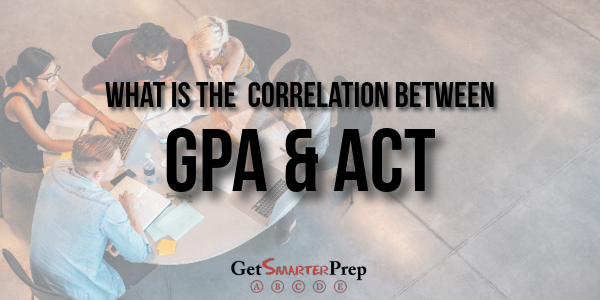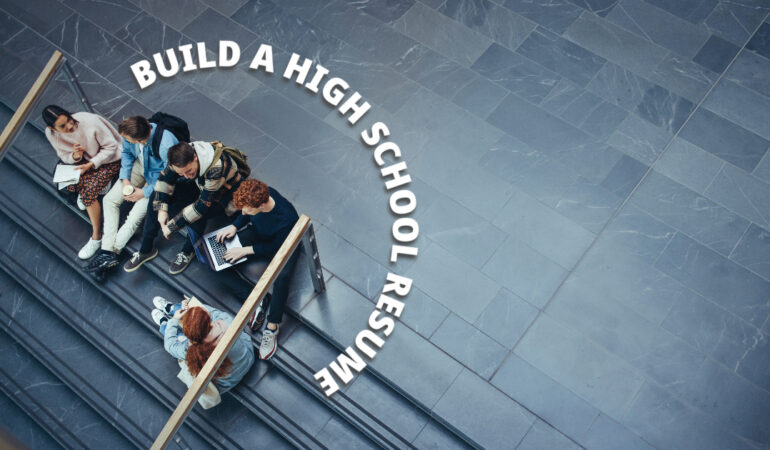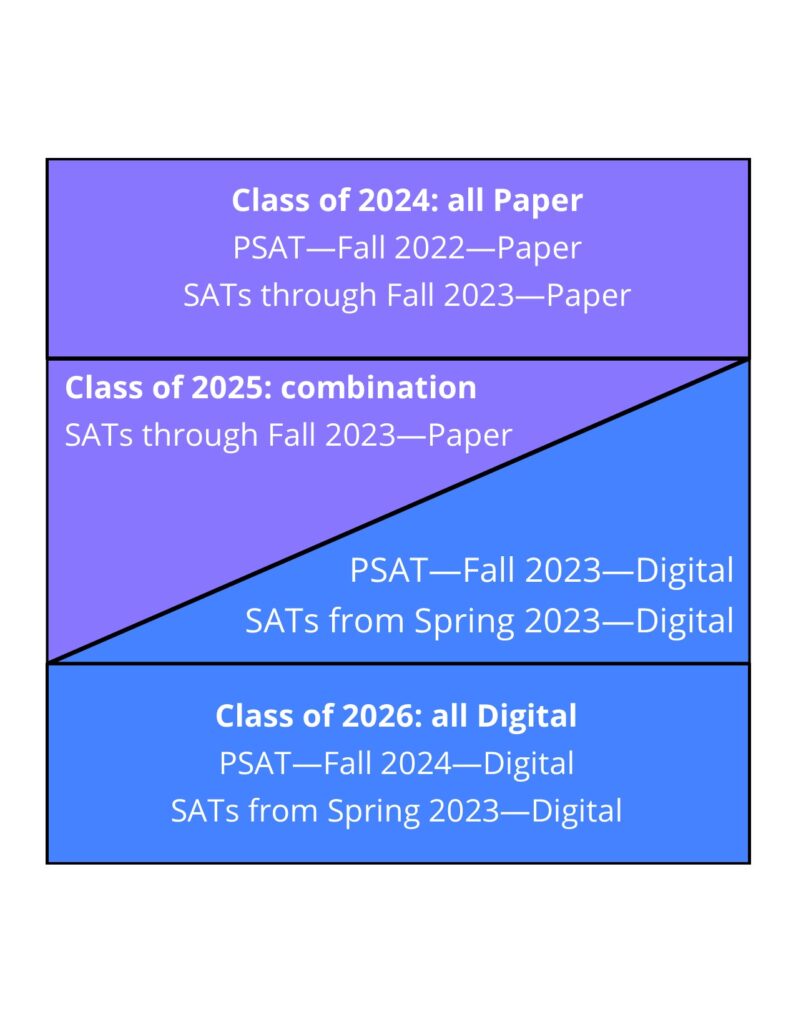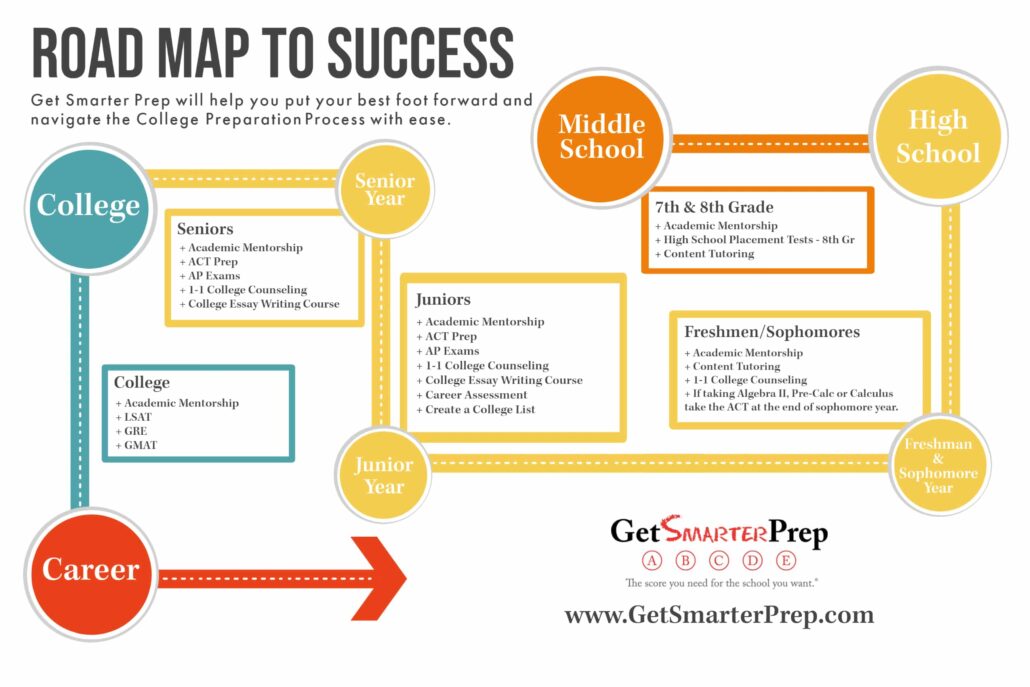Make the Most of Your Spring Break: A Guide for High School Students
Spring break is finally here! While it’s a well-deserved time to relax and recharge, it can also be a strategic opportunity to get ahead of the curve, especially for high school students approaching college applications. This guide offers a mix of activities that combine both future-focused preparation and well-deserved rest and enjoyment.
Gearing Up for College:
- Craft your college list: Brainstorm colleges that align with your academic interests, desired location, and campus environment. Research their programs, costs, and unique offerings. Narrow down your choices to a manageable list for further exploration.
- Explore potential schools: If possible, schedule a campus visit to get a firsthand feel for the college environment. Talk to admissions officers, current students, and faculty to gain insights into the academic culture and student life. Even virtual tours can provide valuable information.
- Polish your high school resume: Update your resume to highlight your academic achievements, extracurricular activities, volunteer work, and any relevant skills you’ve acquired. This will be a valuable resource later in the college application process.
- Chart your course: Develop a game plan for the remaining semesters in high school. Identify any challenging courses that require extra attention or opportunities to excel through internships or independent projects. This will help you stay focused and make the most of your time.
- Prepare for standardized tests: Spring break can be a good time to dedicate focused study time for the ACT or SAT. Utilize practice tests, study guides, and online resources to strengthen your skills and improve your test scores. If you haven’t started thinking about standardized tests, contact us to set up a game plan.
Beyond College Applications:
- Give back to your community: Volunteer your time and talents to a cause you care about. Volunteering not only enhances your resume but also allows you to make a positive impact and gain valuable experiences.
- Connect with loved ones: Make time for quality time with family and friends. Whether it’s a game night, watching movies, or simply enjoying a conversation, strengthen your personal connections and create lasting memories.
- Dive into a good book: Reading can be a source of relaxation, knowledge, and inspiration. Choose a book from your favorite genre or explore a new topic entirely.
- Recharge and rejuvenate: Don’t forget to prioritize rest and self-care. Get enough sleep, engage in healthy activities, and take breaks to de-stress. You’ll return to your studies feeling refreshed and focused.
- Embrace the fun: Spring break is also a time to have fun and create lasting memories. Plan activities you enjoy, whether it’s playing sports, exploring hobbies, or simply enjoying the outdoors.
Remember, your spring break should be meaningful and fulfilling. By incorporating a mix of these activities, you can use the time to prepare for your future, connect with your loved ones, and enjoy yourself before diving back into the school year.













